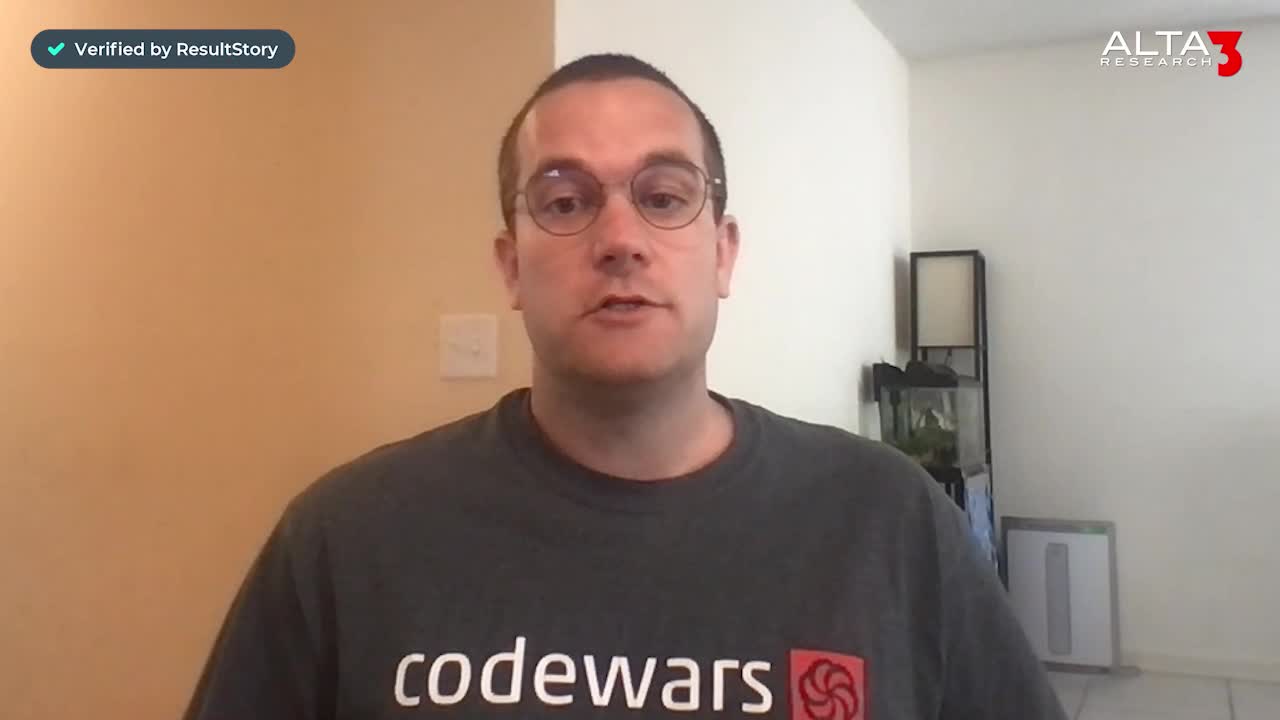ITIL CSI Intermediate Continual Service Improvement with Certification Exam
Gain the competitive edge with the ITIL CSI Intermediate Continual Service Improvement Certificate, designed for IT professionals aiming to enhance service management through industry best practices.

Essential Skills Gained

Understand the CSI phase of the ITIL service lifecycle for improved IT service quality.

Implement industry-standard CSI practices to align IT services with business needs.

Analyze and enhance service improvement processes using key frameworks and models.

Develop competencies in service measurement and benefits realization for successful CSI.
Format
- Instructor-led
- 4 days with lectures and hands-on labs.
Audience
- Chief information officers (CIOs)
- Chief technology officers (CTOs)
- IT architects
- IT security managers
Description
The ITIL Intermediate Qualification: Continual Service Improvement (CSI) Certificate is a free-standing qualification, but is also part of the ITIL Intermediate Lifecycle stream, and one of the modules that leads to the ITIL Expert Certificate in IT Service Management. The purpose of this training module and the associated exam and certificate is, respectively, to impart, test, and validate the knowledge on industry practices in service management as documented in the ITIL Continual Service Improvement publication.
Upcoming Course Dates
No upcoming dates. Please check back later.
Course Outline
Download PDFLearning Unit SOA01: Introduction to service offerings and agreements (SOA)
The value to the business of SOA activities
The lifecycle within the SOA context
How services deliver value to customers and the business and the relevance to the SOA processes
How requirements are identified through the SOA processes
Understanding return on investment (ROI) and the business case
Learning Unit CSI01: Introduction to continual service improvement
The purpose, objectives and scope of CSI
The value to the business of adopting and implementing CSI
The context of CSI in the ITIL service lifecycle
The approach to CSI, including key interfaces and inputs and outputs
Learning Unit CSI02: Continual service improvement principles
How the success of CSI depends on understanding change in the organization and having clear accountability.
How service level management and knowledge management influence and support CSI
How the complete Deming Cycle works, and how it can be applied to a real world example.
How CSI can make effective use of the various aspects of service measurement.
What situations require the use of frameworks and models, and examples of how each type can be used to achieve improvement.
Learning Unit CSI03: Continual service improvement process
What the seven-step improvement process is, how each step can be applied and the benefits produced.
How CSI integrates with the other stages in the ITIL service lifecycle.
How other processes play key roles in the seven-step improvement process.
Learning Unit CSI04: Continual service improvement methods and techniques
When to use assessments, what to assess and how a gap analysis can provide insight into the areas that have room for improvement.
How to use benchmarking, service measurement, metrics, service reporting, including balanced scorecard and SWOT, to support CSI.
How to create a return on investment, establish a business case and measure the benefits achieved.
How techniques within availability management, capacity management, IT service continuity management and problem management can be used by CSI.
Learning Unit CSI05: Organizing for continual service improvement
The role of the CSI manager, and the roles of service owner, process owner, process manager and process practitioner in the context of CSI and how they can be positioned within an organization.
How to design, implement and populate a RACI (responsible, accountable, consulted, informed) diagram as well as how to use it to support CSI.
Learning Unit CSI06: Technology considerations
The technology and tools required and how these would be implemented and managed to support CSI activities such as performance, project and portfolio management, as well as service measurement and business intelligence reporting.
Learning Unit CSI07: Implementing continual service improvement
CSI implementation: strategy, planning, governance, communication, project management, operation, as well as how to deal with cultural and organizational change
Learning Unit CSI08: Challenges, critical success factors and risks
The challenges and risks such as staffing, funding, management, etc., which can be related to CSI and the details behind how each challenge can be addressed
The critical success factors related to CSI as well as how to measure and monitor them
Your Team has Unique Training Needs.
Your team deserves training as unique as they are.
Let us tailor the course to your needs at no extra cost.
See What Other Engineers Are Saying
Trusted by Engineers at:
and more...

Aaron Steele

Casey Pense

Chris Tsantiris

Javier Martin

Justin Gilley

Kathy Le

Kelson Smith

Oussama Azzam

Pascal Rodmacq

Randall Granier

Aaron Steele

Casey Pense

Chris Tsantiris

Javier Martin

Justin Gilley

Kathy Le

Kelson Smith

Oussama Azzam

Pascal Rodmacq

Randall Granier